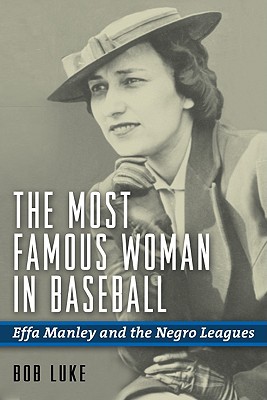Race, Ethnicity and Football: Persisting Debates and Emergent IssuesPosted in Anthologies, Books, Media Archive, Social Science, United Kingdom on 2011-12-31 20:40Z by Steven |
Race, Ethnicity and Football: Persisting Debates and Emergent Issues
Routledge
2011-03-29
288 pages
Hardback ISBN: 978-0-415-88205-7
Edited by:
Daniel Burdsey, Senior Lecturer of Sociology
Chelsea School of Sport
University of Brighton
As the first edited collection dedicated specifically to race, ethnicity and British football, this book brings together a range of academics, comprising both established commentators and up-and-coming voices. Combining theoretical and empirical contributions, the volume will addresses a wide variety of topics such as the experiences of Muslims, the recruitment of African players, devolution and national identities, case studies of minority ethnic clubs, “mixed-race” players, multiculturalism and anti-racism, sectarianism, education, and foreign club ownership. Covering the both amateur and professional spheres, and focusing on both players and supporters, the book elucidates the linkages between race, ethnicity, gender and masculinity.
Contents
- Introduction
- 1. They Think It’s All Over…It Isn’t Yet! The Persistence of Structural Racism and Racialised Exclusion in Twenty-First Century Football Daniel Burdsey
- Racialised Exclusions and ‘Glocal’ Im/mobilities
- 2. ‘Dark Town’ and ‘A Game for Britishers’: Some Notes on History, Football and ‘Race’ in Liverpool John Williams
- 3. Is Football the New African Slave Trade? Colin King
- 4. Football, Racism and the Irish David Hassan and Ken McCue
- Contested Fields and Cultural Resistance
- 5. Racisms, Resistance and New Youth Inclusions: The Socio-Historical Development and Shifting Focus of Black, Asian and Minority Ethnic Football Clubs in Leicester Steven Bradbury
- 6. What is Rangers Resisting Now? ‘Race’, Resistance and Shifting notions of Blackness in Local Football in Leicester Paul Campbell
- 7. British Muslim Female Experiences in Football: Islam, Identity and the Hijab Aisha Ahmad
- ‘New’ Ethnicities and Emergent Communities
- 8. Flying the Flag for England? National Identities and British Asian Female Footballers Aarti Ratna
- 9. Mixing Up the Game: Social and Historical Contours of Black Mixed Heritage Players in British Football Mark Christian
- 10. ‘Tough Talk’, Muscular Islam and Football: Young British Pakistani Muslim Masculinities Samaya Farooq
- The Cultural Politics of Fandom
- 11. The Limits to Cosmopolitanism: English Football Fans at Euro 2008 Peter Millward
- 12. ‘Wot, No Asians?’: West Ham United Fandom, the Cockney Diaspora and the ‘New’ East Enders Jack Fawbert
- 13. ‘They Sing That Song’: Sectarianism and Conduct in the Informalised Spaces of Scottish Football John Flint and Ryan Powell
- Equity, Anti-Racism and the Politics of Campaigning
- 14. Negative Equity? Amateurist Responses to Race Equality Initiatives in English Grass-Roots Football Jim Lusted
- 15. Football, Racism and the Limits of ‘Colour Blind’ Law: Revisited Simon Gardiner and Roger Welch
- 16. Marrying Passion with Professionalism: Examining the Future of British Asian Football Kuljit Randhawa


